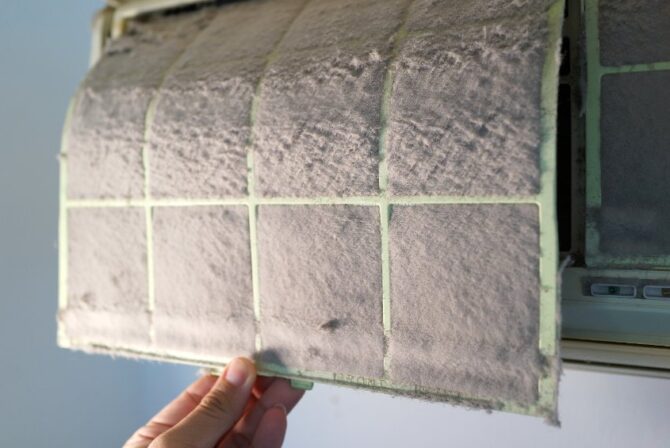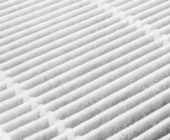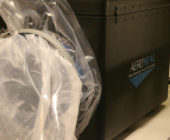
Do you ever spend too much time at the home improvement store shuffling through all the different options of air filters? It’s a situation we’re probably all too familiar with, considering that all of the confusing acronyms on the packaging and price differences between them can feel overwhelming.
Understanding the common vocabulary of HVAC filters is important because different options actually filter at various efficiencies. Certain filters catch more pollutants in the air than others and some can potentially even trap bacteria, improving the overall indoor air quality. So, how can you tell the difference and which option is right for your home? Champion Home Services is here to help!
How HVAC Filters Work
It’s good to have basic knowledge on how these filters work in order to understand them better. They’re made up of special fibers to create a pleated design for the sole purpose of effectively trapping air pollutants in your home to prevent harm to both you and your air conditioner.
It’s essential to use these filters for all of your HVAC systems to keep them properly maintained and functioning efficiently. Consistently running your system without a filter will end up causing damage, so you should never intentionally decide against using one.
MERV Filters
MERV stands for “Minimum Efficiency Reporting Value,” which is basically a standardized rating system that evaluates and appropriately determines the efficiency of the air filter. The purpose of this standardized system is to establish an even and accurate comparison to air filters all across the board.
The testing is based on particles found within the air ranging in sizes from 0.3 to 10 microns. The rating system ranges from 1 to 16, with 1 being the least filtering and 16 being the most. Minimal impurities get removed with lower ratings and less sufficient purification, so basic things like dust and dust mites are removed from indoor air. With higher ratings of about 13 through 16, smaller particles such as tobacco smoke, respiratory droplets and even bacteria are caught in the fibers of the filters.
HEPA Filters
HEPA means “High-Efficiency Particulate Air,” meaning these filters are especially efficient at effectively removing super fine particles from indoor air. According to the Environmental Protection Agency (EPA), these types of filters capture at least 99.97% of airborne pollutants like:
- Dust
- Pollen
- Mold
- Bacteria
The special fibers and features of these filters make for an extremely effective environment for particles to cling to. Practically the only downside to this option besides the more expensive price tag is that the filters are so sturdy and durable they can make your air conditioner work extra hard to push airflow through, using more energy in the long run.
Air Purification Solutions in San Antonio
So now that you understand more about these filters, you’re probably wondering which one is right for you. Ultimately it’s your decision which option you’d like to go with for your home but whatever you choose, it’s incredibly important to use filters that promote good indoor air quality. Champion Home Services is proud to help provide you with top notch IAQ solutions, because your comfort is our mission!
Ineffective air conditioning filtration can cause airborne pollutants to accumulate, but with effective filtering options and proper HVAC maintenance, you’ll recognize the enormous difference in the quality of your home’s air!




